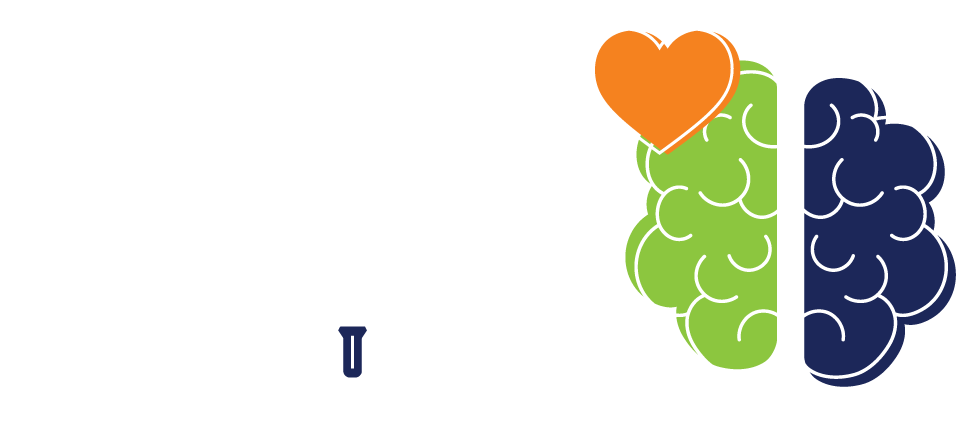

Signs and Symptoms
After spending the last year coping with the physical and emotional effects of the COVID-19 pandemic, most of us aren’t feeling completely like ourselves. Increased irritability, loneliness, sadness, worry and trouble sleeping all are normal side effects of life under lockdown.
However, clinical depression and anxiety are much different from the average pandemic peeves. Below are common signs to watch for and free ways for you to get help for yourself or a loved one and move toward recovery.
Signs of depression
Depression is diagnosable when someone exhibits five or more of these symptoms for two weeks or longer:
Signs of general anxiety disorder
People experience anxiety differently, and there are different types of anxiety disorders. Here are some of the most common hallmarks of an anxiety disorder, lasting six months or longer:
Signs of suicide risk
Find help for free
If you recognize the symptoms above in yourself, a friend, colleague or loved one, please know there are people who want to help you and them feel better. Here are some free ways to reach out 24/7:
-
SAMHSA (Substance Abuse and Mental Health Services Administration) helpline
800-662-HELP (4357) -
National Suicide Prevention Lifeline
800-273-TALK (8255) -
Crisis Text Line
Text CONNECT to 741741 to connect to a trained crisis counselor anytime 24/7 -
7 Cups
Visit 7cups.com to chat one-on-one with volunteer listeners or in support chat groups
The Content is not intended to be a substitute for professional medical advice, diagnosis, or treatment. Always seek the advice of your physician or other qualified health provider with any questions you may have regarding a medical condition. Never disregard professional medical advice or delay in seeking it because of something you have read on this Website.
If you think you may have a medical emergency, call your doctor, go to the emergency department, or call 911 immediately.
